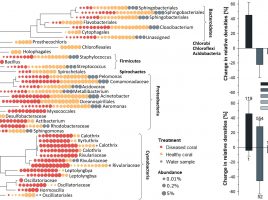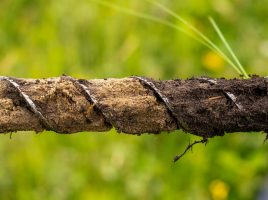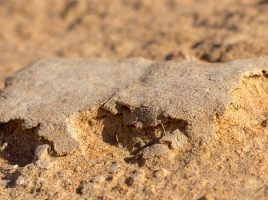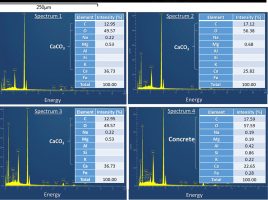
Towards a microbial process-based understanding of the resilience of peatland ecosystem service provisioning – A research agenda
Peatlands are wetland ecosystems with great significance as natural habitats and as major global carbon stores. They have been subject to widespread exploitation and degradation with resulting losses in characteristic biota and ecosystem functions such as climate regulation. More recently, large-scale programmes have been established to restore peatland ecosystems and …







